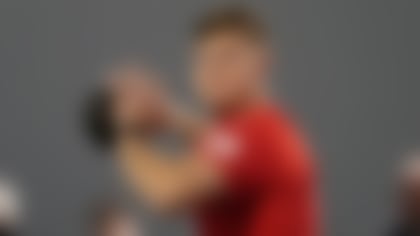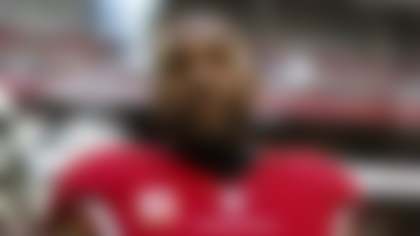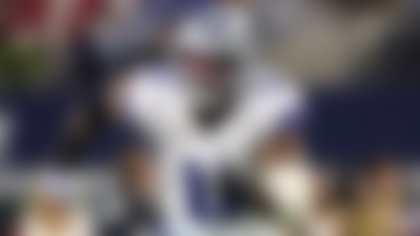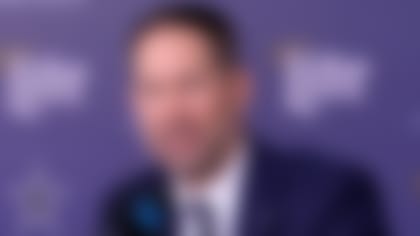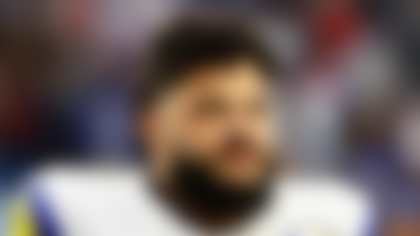The pass-interference challenge was born this offseason out of a controversy in the Superdome. On Sunday afternoon, it almost came back to bite the victims of last year's inciting incident at the scene of the crime.
Said scene: The Carolina Panthers and New Orleans Saints were tied at 31 with 2:26 left in the fourth quarter. Carolina had a third-and-3 on the Saints' 5-yard line. A field goal would've be nice, but a touchdown would've been lethal. Out of the shotgun, Kyle Allen took the snap, dropped back, looked right and then locked on Jarius Wright crossing from right to left. As Allen lofted a pass toward the left sideline intent on meeting Wright where he would be, the receiver was briefly grabbed by Saints defensive back Chauncey Gardner-Johnson, who left Curtis Samuel's hip for a brief second to bump Wright. The pass fell incomplete, no pass interference foul was called and Carolina was set to kick a field goal. Until Ron Rivera threw a challenge flag.
After review, referee Alex Kemp called defensive pass interference on Gardner-Johnson, giving Carolina a fresh set of downs from the NO 3 to kill the clock and win the game.
The ending to this story did not follow the logical chain of events and is not really relevant to the matter at hand. Carolina lost seven yards on its next three snaps, Panthers kicker Joey Slye missed a game-winning chip shot and the Saints marched down the field to steal a 34-31 victory with a game-winning field goal of their own.
The ball, in the end, didn't lie. But that didn't mean the Saints, who were wronged by a bad non-pass interference call in the NFC Championship Game, didn't feel vindictive about being on the wrong end of another non-call.
"It wasn't our best game. By far, it wasn't their best game. Quite honestly, it wasn't New York's best game," Payton said after the win, referring to the league's officiating department stationed at NFL headquarters in Manhattan. "So it is what it is. I'm not going to get into it on the replay relative to the fouls, the changes that took place in the offseason, but sitting in on every one of those meetings, I don't know that it's exactly what we discussed where we are today with it. In fact, I'm pretty sure it's not. But we've got to be able to adjust to it."
Payton added that he's concerned mainly with the "interpretation" of the rule, not necessarily the implementation.
Both interpretation and implementation of the one-year-only pass-interference rule have been suspect and arguably inconsistent this season. Entering Week 12, only seven of the 60 pass interference calls or non-calls challenged by teams had been overturned (11.7%). Only four of the 26 non-defensive pass interference calls challenged by team had been reversed (15.4%).
The standards for overturning PI or non-PI calls are usually very high, as evident in the low reversal rate. In theory, only an infraction like that of Nickell Robey-Coleman on Tommylee Lewis in the NFC title game would warrant a reversal. But then a non-call like that on Sunday is reversed.
In a postgame pool report, NFL senior vice president of officating Al Riveron explained why "New York" made the call that it did.
"After reviewing it, it was clear and obvious through visual evidence that the defender significantly hinders the receiver while the ball is in the air," Riveron said, "therefore, it's defensive pass interference."
How the NFL is litigating these potential infractions on a call-to-call basis is not the coaches' problem to solve, as Payton illustrated.
"Look, we've got to get better in a lot of areas," Payton said, "and we've got to focus on the things that we can control."



